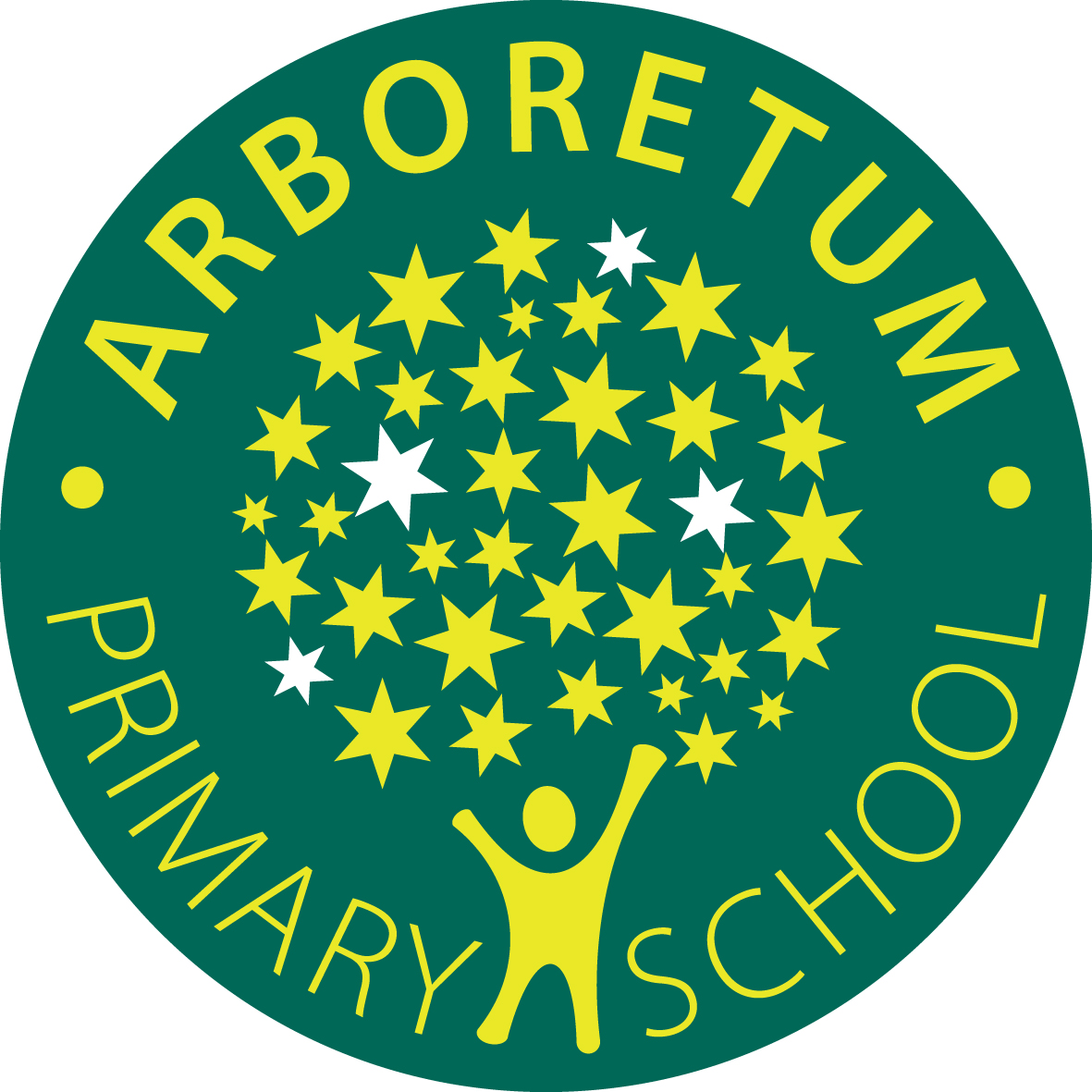Maths
Intent
At Arboretum, our intent for mathematics is to teach a rich, balanced and progressive curriculum using maths to reason, problem-solve and develop fluent conceptual understanding. From the very start of their learning journey, we aim to ensure that our children receive a high-quality maths education that not only provides a foundation for understanding the world but is also fun and memorable. The structure of the mathematics curriculum across school shows clear progression in line with age-related expectations. Our pupils will receive a high-quality education in mathematics which will teach them to recognise, use and manipulate numbers in everyday life. It will provide an understanding of identification, interpretation and analysis of shapes, space, measures, data handling. All the skills of mathematics are essential for pupils to participate fully in the world around them. Key knowledge and skills will be regularly revisited in a range of contexts, allowing repetition to embed learning. A concrete, pictorial, abstract approach will provide children with a clear structure in which they can develop their depth of understanding of mathematical concepts. Our goal is that children view mathematics positively and with a ‘can do’ attitude.
Implementation
At Arboretum, we follow the mastery approach and use the overview from White Rose Maths, which builds on learning year-on-year. We provide appropriate tasks which allow for fluency, reasoning and problem-solving and include variation. Our curriculum promotes a culture of deep understanding, confidence and competence in mathematics and produces strong, secure learning and good progress.
All our maths lessons follow a five-part structure:
Fluency First
Pupils have opportunities to strengthen their core numeracy skills at the start of each lesson in both adult-led and child-initiated activities. This quick recall of taught skills and facts allows children to recap and revise and become fluent in the key areas.
Get Ready
This is an opportunity to address misconceptions and to draw on key skills that are needed for the new learning objective.
Discover
This is a practical or real-life hook. The aim is to enthuse the children and motivate them to find out more.
Think Together
This leads on from Discover. Problems are solved together through key questioning and discussion. All pupils are actively learning through the use of concrete and pictorial resources or abstract methods on whiteboards.
Have a Go
At this point, pupils complete their tasks independently. Work may be differentiated to suit the needs of the learners. Resources are readily available for children to access independently and tasks include a mix of fluency, reasoning and problem-solving.
Reflect
This allows pupils to think about their learning, evaluate new ideas and make connections.
All children have access to maths-based apps on tablets in school. Year 1 access Numbots and Years 2 - 6 have access to TT Rockstars both in and outside of school to further support rapid recall of number facts.
In line with the revised Early Years Foundation Stage (2022) our EYFS children are given opportunities to:
- have a deep understanding of numbers to 10, including the composition of each number;
- subitise (recognise quantities without counting) up to 5;
- automatically recall (without reference to rhymes, counting or other aids) number bonds up to 5 (including subtraction facts) and some number bonds to 10, including double facts;
- verbally count beyond 20, recognising the pattern of the counting system;
- compare quantities up to 10 in different contexts, recognising when one quantity is greater than, less than or the same as the other quantity;
- explore and represent patterns within numbers up to 10, including evens and odds, double facts and how quantities can be distributed equally.
Opportunities to develop the pupils’ mathematical skills are also central within cross-curricular topic work, providing a broad and balanced curriculum across all stages.
Impact
By the end of Year 6, we aspire that an Arboretum mathematician will be able to apply their skills and knowledge to become confident and resilient problem-solvers with the ability to reason and articulate their ideas mathematically. We consider the ultimate achievement to be that our children leave us with a love of maths and the confidence to embrace mathematical challenges in all aspects of their lives.
